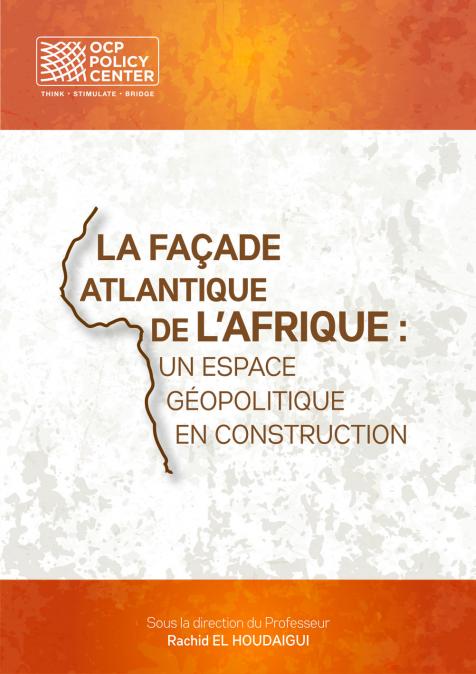Africa’s geopolitics is characterized by cooperation and competition over abundant natural resources, as well as a desire of African countries to deepen their integration with each other and to forge stronger links with the world’s traditional and emerging superpowers. In addition to natural resources, the interest of the superpowers in Africa span control of irregular migration, infectious diseases, and terrorism. The superpowers also want to position themselves in Africa’s potentially very large markets. • What interests and objectives for Europe, the United States and China in Africa? • How can African countries leverage off the interests of the superpowers to achieve their own development objectives? • Can cooperation within Africa enhance its geopolitical weight?
MOINS
ToutVidéos mises en ligne récemmentRegardées






